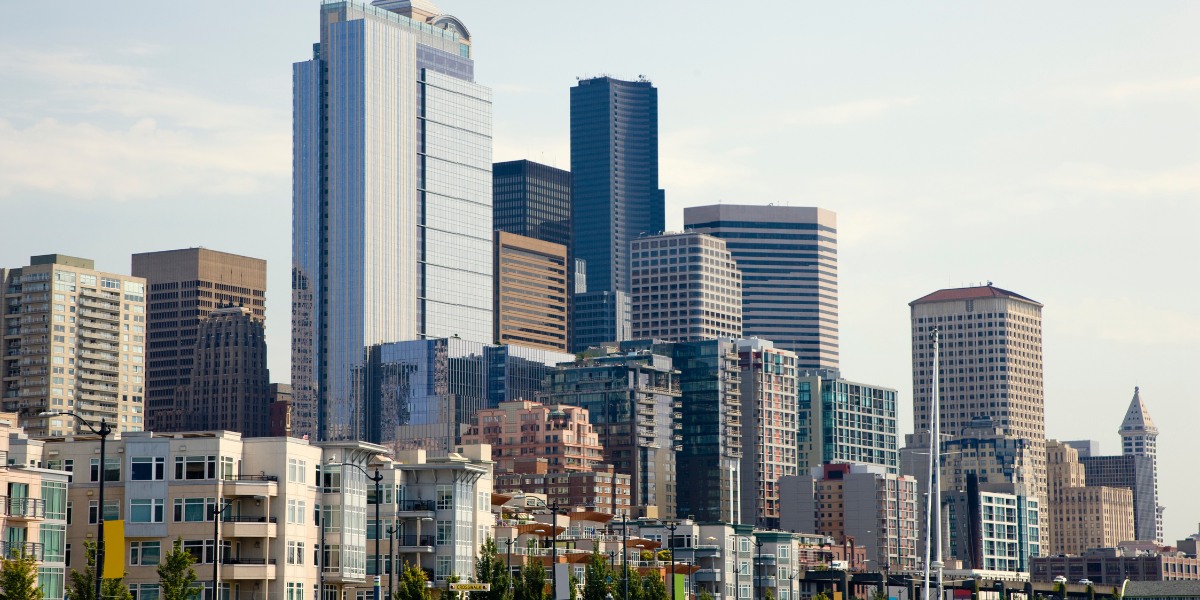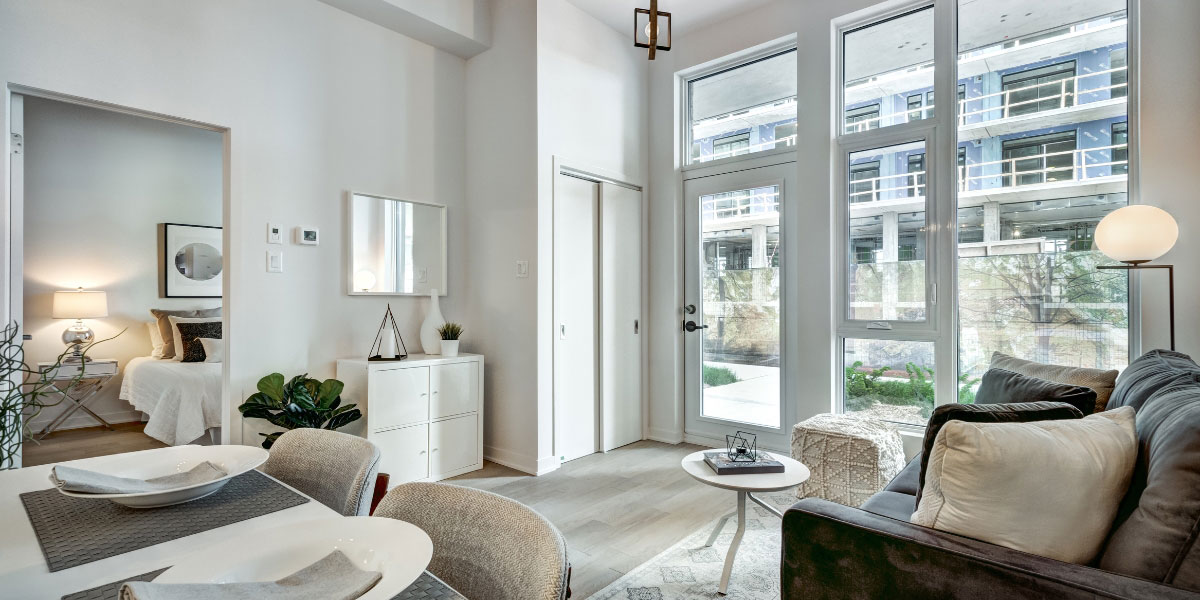What Are Ideal Vacancy Rates for Investment Properties?
It’s no secret that once you’ve purchased investment properties in Seattle and got them ready for business, you want to see them populated with...
3 min read
Jan Wieder : Apr 20, 2021 9:01:00 AM
You’ve taken a leap and invested in real estate in the Seattle area. The next goal is making a worthwhile profit from your investment by renting out the property.
It sounds simple enough, but there is plenty that must happen behind the scenes when you’re preparing to take on tenants. As a first-time landlord, it can be helpful to follow a step-by-step checklist to ensure you’re doing what you need to maximize your return on investment, care for your property, and cultivate positive landlord-tenant relationships.
.png?width=888&name=PPM%20Featured_Newsletter%20Images%20(3).png)
Whether you’re going into the rental industry as a side hustle to supplement another profession or you’re becoming a full-time landlord, there are certain steps and procedures you must adhere to. Not all of them are glamorous or even seemingly important, but it’s the nitty-gritty details that can make or break your real estate investment.
Here is a first-time landlord guide to help you get to the point where you are making a passive income from your rental properties and managing them efficiently.
One of the first steps on your landlord checklist is to make sure your rental units are livable by local and state standards. In becoming a landlord in Seattle, you must abide by the Housing and Building Maintenance Code (HBMC) and Rental Registration and Inspection Ordinance, as well as Washington State’s Residential Landlord/Tenant Act. The city has several requirements for rental buildings. In short, you must provide a safe, clean living environment, so you’ll want to get any necessary repairs or maintenance projects out of the way. And don’t forget to change the locks if there were other people living in the home or apartment units before you took ownership of them.
According to Seattle’s Rental Registration and Inspection Ordinance, you also must register all your housing units, from large apartment complexes to single-family homes, with the city. Registrations should be renewed every two years. Additionally, the ordinance, which is enforced by the Seattle Department of Construction and Inspections (SDCI), requires you to hire a qualified rental housing inspector or the city inspector to evaluate your properties at least once every five to 10 years, and before you begin renting them out for the first time.
First-time Seattle landlords need to compile all the pertinent documents and forms that will be used in the process of renting properties to tenants. The most obvious one is your lease agreement, which outlines what is expected of both you and your tenant when they’re living on your property. For your lease checklist, make sure the agreement incorporates legal language to stipulate rental terms and clarify rules, regulations and obligations. Other must-have documents for a Seattle landlord include an inspection checklist, cosigner agreement, notice to enter and more.
The next step for landlords is to fill your property with tenants. How do you do that? With proper advertising and marketing. Before you’ve started promoting your vacant single-family home or multiplex in Seattle, you may want to do some market research. What demographics will your properties most appeal to? Having such data enables you to develop a more effective campaign, so you’re not marketing your rentals in ways that won’t reach your target audience.
Once you’re actually ready to open your rental properties in the Seattle metro area to new tenants, there is another set of new landlord tips to consider with regard to vetting prospective renters, showing the units, collecting payments and getting people moved in. At that point, you should prepare to go over a checklist that documents the move-in date, the condition of each room and proof that certain safety devices are working properly. And the tenant may request you to make certain changes to accommodate a disability, and you should comply.
Being a landlord for the first time is exciting, but it’s also a long-term commitment. You face a lot of responsibility in this role. As part of your strategic, long-term planning, you should set up a reserve fund to help cover emergency repairs and services, as well as perfunctory maintenance. There may come a time when you also need to undertake major capital improvement projects. Your fund gives you a way to save efficiently. Even in cases where one of your tenants causes the damage to a unit, you likely will have to front the money for repairs, and then be compensated later.
A property manager can help you with all the other items on this first-time landlord guide—and more. That doesn’t mean you should simply hire the first company you find. Because you’ll be putting your valuable investment in their hands and entrusting them with some of the responsibilities that accompany being a landlord, you want to find a property manager you can trust. Also, make sure they provide the services you need and for a reasonable cost. You may want to ask colleagues and friends who also are landlords for referrals. Once you have narrowed down a few options, check licenses and certifications, and visit their properties to see how well they’re maintained.
As a first-time landlord in the South Puget Sound area, you have plenty to keep track of, with a fairly large investment on the line. Our team at Powell Property Management can help you carry that load to protect the long-term value of your real estate. Whether you have apartment units to rent in Burien or a single-family home in South Seattle, our management services can be used to market your properties, acquire and vet tenants, collect payments and make sure your operation is running smoothly from day to day.
Related: Top 5 Rental Trends in Seattle for 2021

It’s no secret that once you’ve purchased investment properties in Seattle and got them ready for business, you want to see them populated with...

Real estate investment offers a pathway to financial growth and stability, with apartment buildings representing a particularly appealing segment due...

Being a landlord in Seattle can be a rewarding and profitable venture, but it also comes with several new responsibilities and challenges. For many, ...